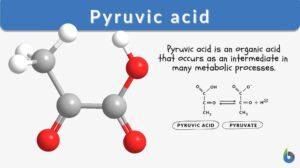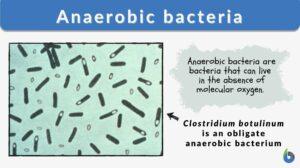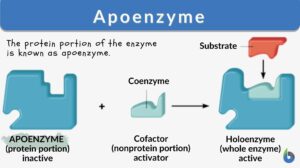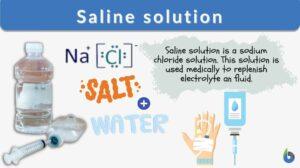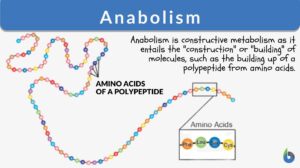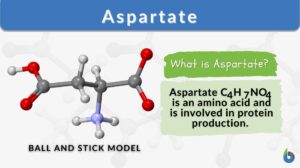Search Results for: lactate
Ferrous lactate
Definition noun A greenish white crystal or (powder) made up of iron (Fe2+) and lactate anions Supplement Ferrous lactate is... Read More
Fermentation
Fermentation Definition What is fermentation? Fermentation is the breaking down of sugar molecules into simpler compounds... Read More
Pyruvic acid
What is Pyruvic Acid? Pyruvic acid is an organic acid that occurs as an intermediate in many metabolic processes. It occurs... Read More
Lactate level
Definition noun A measure of the amount of lactic acid in the blood. Supplement The acid form of lactate (lactic acid) is... Read More
Lock-and-key model
Lock-and-key model Definition Lock-and-key model is a model for enzyme-substrate interaction suggesting that the enzyme and... Read More
Anaerobic respiration
Anaerobic Respiration Definition What is anaerobic respiration? Anaerobic (cellular) respiration is a respiratory process... Read More
Anaerobic bacteria
Bacteria are classified according to the need for oxygen to survive and grow. For example, aerobic bacteria are bacteria... Read More
Glycolysis
What is Glycolysis and Why is it Important? Glycolysis is a metabolic pathway by which the 6-carbon molecule of glucose is... Read More
Muscle cell
Definition noun, plural: muscle cells Any of the long, tubular mature contractile cells that make up the muscle... Read More
Cellular respiration
Cellular Respiration Definition What is cellular respiration in simple terms? Cellular respiration can be defined simply as... Read More
Saline solution
Saline Solution Definition Saline solution is one the most medically-used solution, which contains sodium chloride... Read More
Gluconeogenesis
Definition noun The metabolic process in which glucose is formed from non-carbohydrate precursors Supplement Glucose is an... Read More
Smooth endoplasmic reticulum
Smooth Endoplasmic Reticulum Definition Smooth endoplasmic reticulum (sER) is part of or a region in the endoplasmic... Read More
Monotremata
Definition noun (taxonomy) A subdivision of the class Mammalia comprised of mammals laying eggs rather than giving birth to... Read More
Lactic acid
Definition noun (1) A colorless or yellowish, syrupy, water-soluble liquid, which is a byproduct of anaerobic glucose... Read More
Metabolism
Metabolism Definition What is metabolism in the body? Metabolism encompasses the various biochemical processes, reactions,... Read More
Carbohydrate
Carbohydrate Definition A biomolecule refers to any molecule that is produced by living organisms. As such, most of them... Read More
Perspiration
Definition noun (1) The act or the process of producing and excreting a watery, saline fluid that evaporates from the... Read More
Hypertrophy
Hypertrophy Definition Hypertrophy refers to the enlargement or increase in the size of an organ or tissue due to the... Read More
Protein Activity and Cellular Metabolism
Protein Binding Sites The ability of various molecules and ions to bind to specific sites on the protein surface forms the... Read More


